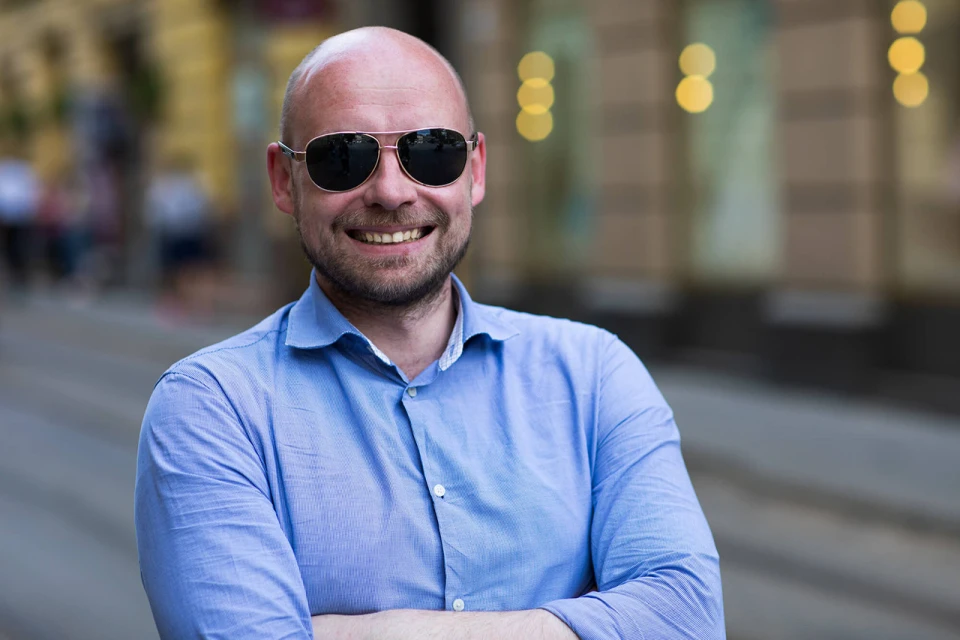
Narcissistic imperialist inevitably comes out of “good Russian”
Personally, I’m always pleased when individuals like Navalnaya reveal their imperialist sincerity repeatedly.
I am currently finishing a book about Russian-Soviet colonialism and am carefully collecting such pearls from “good Russians” for a treasury of golden aphorisms of Russian chauvinism, as expressed by the most “liberal” that Russian society has produced.
“They say that it is necessary to divide our too-large country into a couple dozen small and safe states. However, the 'decolonizers' cannot explain why people with a common background and cultural context should be artificially divided.”
When I read this, I don’t see Navalnaya; I see Valuev. I see Belinsky and other chauvinists of the past who, in their belief that everything is “ours,” completely ignore other people. I see Khrushchev calling for the eradication of “nationalist vestiges,” and I see Brezhnev declaring that a “new historical community, the Soviet people,” had been formed. This is the same logic, it’s just that now it’s a “common cultural context.”
Vaclav Havel once emphasized the basic foundation of the Soviet totalitarian system: falsification and substitution of concepts. He said: “Life in this system is completely covered with hypocrisy and lies. The power of the bureaucracy is called the power of the people; the working class is enslaved in the name of the working class; the omnipresent humiliation of man is presented as his final liberation; the concealment of information is called its accessibility; government manipulation is called public control over the government; government arbitrariness is called the observance of the rule of law; pressure on culture is called its development; the expansion of imperial influence is presented as help to the oppressed; the lack of freedom of speech is claimed to be the highest form of freedom; the electoral farce is presented as the highest form of democracy; the prohibition of independent thinking is lauded as the triumph of world scientific thought; the occupation is called brotherly help.”
Ivan Dziuba could add: widespread Russification is called “internationalism.”
That's exactly what Navalnaya is doing now, referring to centuries of violence and cultural assimilation as a “common background” and the policy of humiliation and marginalization of other nationalities within the empire as a “cultural context.”
Make no mistake, if it were fifty years ago, or if the situation were different today, Navalnaya would likely be saying the same things about Ukraine. It’s just that now Ukraine is fighting back with significant losses, so Navalnaya has no reason to target us in the same way. But the logic remains unchanged.
In fact, we can only thank them for reminding us that if you scratch a “good Russian” just a little, you’ll uncover a narcissistic imperialist and Russificationist. With his own idea of “cultural background”—which Russians are always eager to impose with tanks if necessary.
About the author. Radomyr Mokryk, Ukrainian historian, cultural critic, researcher at the Institute of East European Studies of the Charles University in Prague.
The editors don't always share the opinions expressed by the authors of the blogs.
- News












































